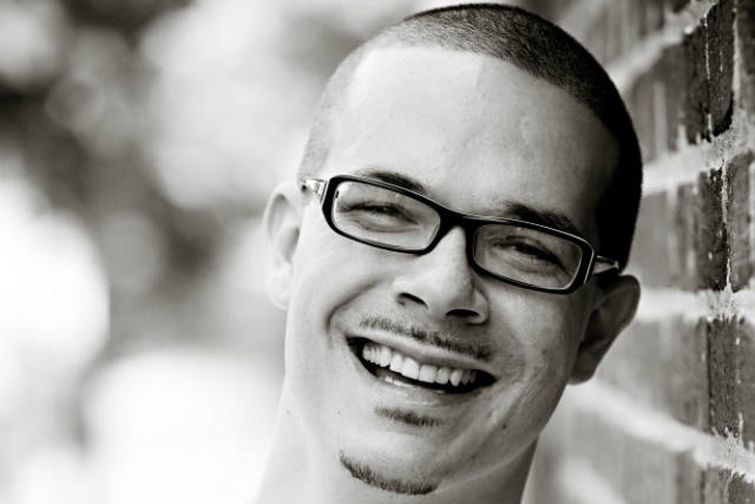The Race Draft Fails, AgainPosted in Articles, Barack Obama, Media Archive, Politics/Public Policy, United States on 2015-08-26 23:31Z by Steven |
Ebony
2015-08-26
Damon Young, Writer

(left) Barack Obama, Mariah Carey and Shawn King
Damon Young says a recent campaign questioning Shaun King’s ethnicity is the latest in a string of attempts to take good Blacks out the gene pool
We should have seen it coming. All the signs were there. But they fooled us. Bamboozled us. Led us astray. And now it might be too late.
It started back in 2008, when birthers were so hell-bent on seeing then-Senator Barack Obama’s birth certificate. They said it was to check his citizenship; to prove if he was truly an American citizen. And we fell for it hook line and sinker. Damn truther chicanery…
…But what was really happening was far more devious. Far more lecherous. With Obama’s ascension and eventual election came a stark So they got creative. They weren’t trying to prove if he was American. They were trying to reclaim him. After 400 or so years of the one drop rule, they finally realized that if they kept allowing us to claim all people with even a teaspoon of African blood as 100% Black, their numbers would continue to dwindle…
Read the entire article here.





